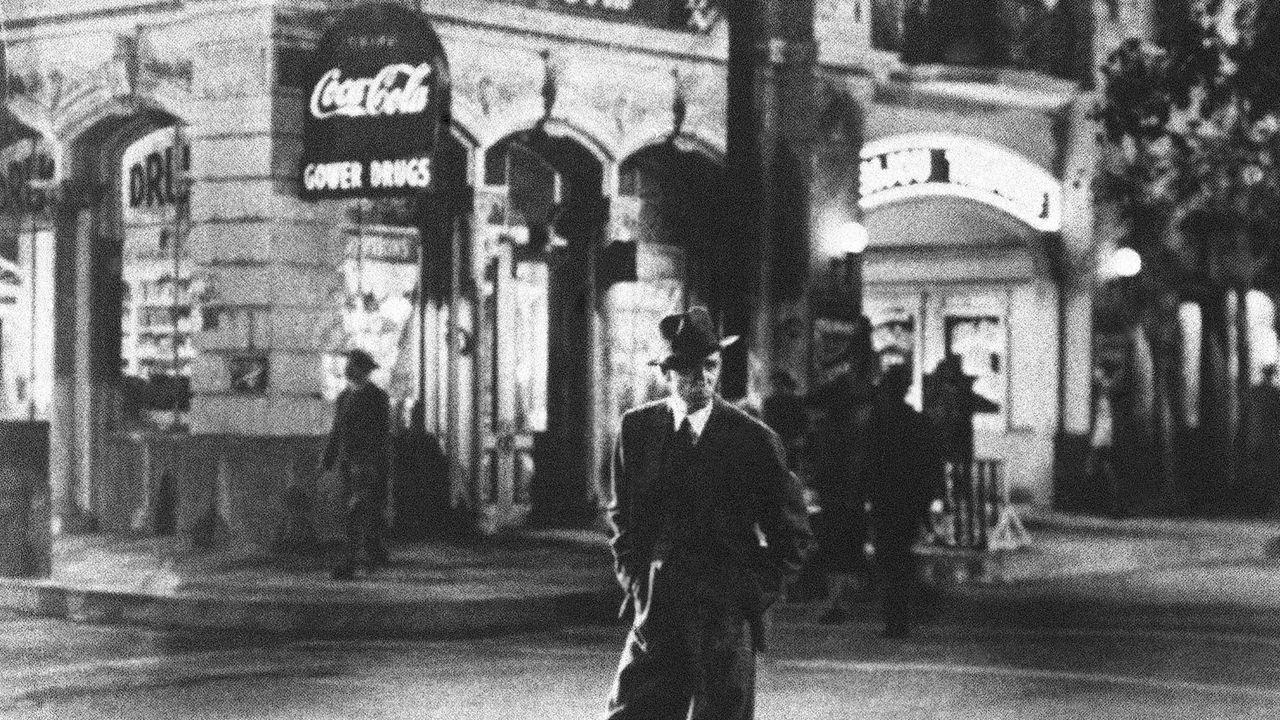“Strange, isn’t it? Each man’s life touches so many other lives. When he isn’t around, he leaves an awful hole, doesn’t he?” – Clarence Odbody, “It’s a Wonderful Life.”
The short telegram was delivered on May 3 to an upstate drugstore, informing the owner that his son had died very suddenly.
“Everything possible was done for his comfort,’’ reads the telegram.
Things quickly look like they’re going to get even worse. Distraught over his loss, the pharmacist gets drunk and mistakenly puts poison in capsules for a prescription for a child who has diphtheria. Only through the last-minute intervention of a young employee is the druggist’s mistake caught; one tragedy doesn’t spark another.
That’s the crux of a crucial early scene set in 1919 in “It’s a Wonderful Life,” Frank Capra’s now-classic Christmas movie that wrestles with questions about how lives intersect with others in many fateful and sometimes mysterious ways.
George Bailey is the young employee of Emil Gower, who learns through that telegram that his son, Robert, has been killed by the Spanish Flu. That pandemic, which once seemed stuck in amber in a different era, has become painfully relevant as our world wrestles with a pandemic almost equally as devastating. And watching the movie this month is a reminder of how the absence of one person can quickly set a chain of dominoes tumbling.
I won’t revisit the entire plot of Capra’s movie but will fast forward to 1945, when George Bailey is all grown up (and played by Jimmy Stewart) and through a series of misfortunes, decides to drown himself on Christmas Eve so his family can collect the insurance money.
But because this is Hollywood, an angel, Clarence, saves Bailey and, like a modern spin-off of “A Christmas Carol,” shows him what would have happened if he’d never been born. As George and Clarence drink at a bar in their alternate reality, in comes a drunk and broken Emil Gower, never recovered from fatally poisoning a child in 1919 and then going to prison for his crime. Far beyond Gower’s fall, it becomes clear that a world with no George Bailey is a much worse place. He decides to live.
While George and Clarence couldn’t save Robert Gower from the Spanish Flu, they kept the fire from spreading. It’s an important lesson in 2020 when we try to find our own angels and saints. But they can be us.
Our actions, large and small, take on extra gravity in times of crisis. A seemingly innocent visit to someone’s house for dinner could suddenly get a lot of people sick. Many of us conduct virus calculus before our every move. It grows tiring, but the alternative is the 21st-century equivalent of a stinging telegram.
But small actions can also yield large victories. Something as simple as a phone call or even an email to a friend takes on significance that could be missed in the past.
May we never live in times as interesting or dangerous as these again, but this is also our chance to tell our friends, neighbors, and relatives how much they mean to us and for it to matter just a little bit more. Seize the day. Remember Emil Gower. Happy holidays.



